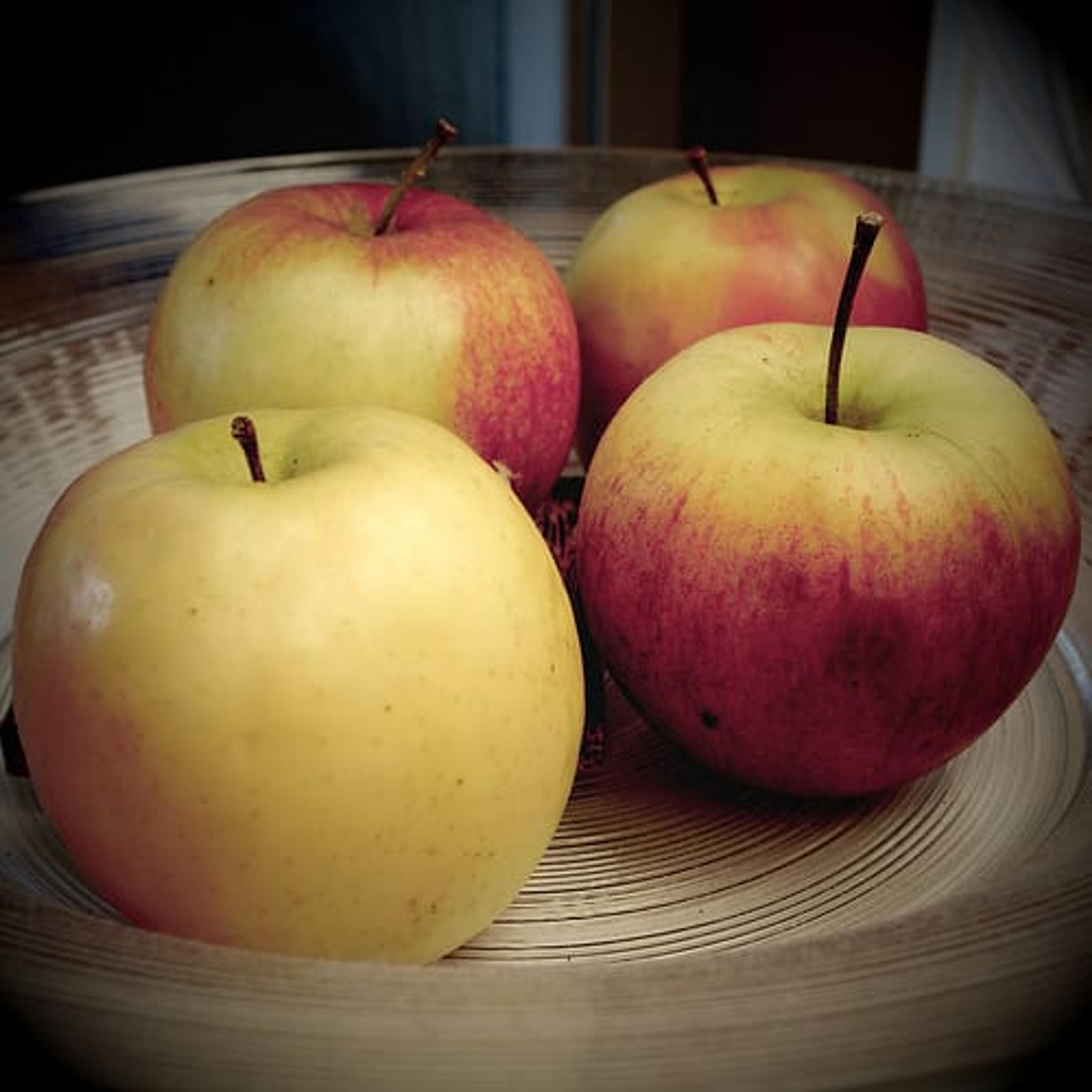Will an apple a day really keep the doctor away? The answer may surprise you

Mike Miller
| 3 min read

As if it’s not difficult enough to separate fact from fiction when deciding what to integrate into, or omit from, our diets; old wives tales, myths and urban legends abound when it comes to food.
In most cases, there is a nugget of truth or a twist in history that gives birth to these long-held notions. Here are some of the most common:
An apple a day keeps the doctor away: Taken literally, no, an apple a day doesn’t keep the doctor away (unless you’re throwing it at them), but an apple a day sure is a great way to be healthy. The fiber in apples is filling, helping to maintain a healthy weight and promotes good heart health. They’re full of vitamin C too. Apples have health benefits linked to everything from our immune systems, our brains and curbing cancer.
Chicken soup cures the common cold: The claim that chicken soup cures the common cold dates back to the 12th century. While scientifically this is mostly false, there are some slivers of truth. Zinc, which has been shown to increase the recovery rate from a cold, is often soup stock. Other compounds commonly found in chicken soup have been shown to aid in fighting congestion and inflammation as well. These benefits are found in home-made soups, which may provide a psychologically comforting effect too.
Fish is “brain food”: This one is definitely true! Fish is full of oils containing the fatty acids omega-3 and omega-6, both of which are critical for brain development. Studies have shown that these compounds improve brain performance. As an added benefit, these oils have been shown to prevent heart disease, Alzheimer’s and inflammatory conditions like rheumatoid arthritis. Dig in with this great salmon recipe.
Chocolate causes acne: While no direct link to chocolate causing acne has been shown, an outbreak can be made worse by foods that trigger certain types of reactions in some people, including dairy and high-glycemic foods. Certain types of chocolates fit both categories, so beware before you scarf down than pan of brownies. Dark chocolate is a safe bet as it is 80% cocoa, meaning less sugar and dairy while providing a big dose of chocolate’s health benefits.
Cranberry juice can cure a urinary tract infection: Cranberry juice cannot cure a urinary tract infection (UTI) but it can certainly aid in preventing possible infections. Studies have shown that compounds in cranberries prevent bacteria from clinging to the walls in the bladders of some people, thus reducing the risk of infection. Though this doesn’t work for everyone, cranberries still pack a healthy punch.
Carrots improve your eyesight: The story goes that the British government attributed the success rate of their eagle-eyed World War II fighter pilots to consuming lots of the country’s bumper crop of carrots. The versatile carrot is full of beta-carotene which our bodies synthesize into vitamin A. Vitamin A is essential to eye health. It is incorporated into the eye’s photoreceptor cells, capturing light and allowing us to see. Vitamin cannot however, improve our vision or allow us to see better in the dark.
The crust of bread is healthier for you: The crust of bread has been given credit for quite a few things, including causing curly hair, growing chest hair, or just making us grow up big and strong. While there is no scientific merit to these claims, it has been shown that the crust can contain as much as eight times the amount of antioxidants than the rest of a loaf of bread. Antioxidants have been linked to the prevention of cancers, Alzheimer’s and other cognitive disorders, cardiovascular disease, macular degeneration, cataracts and more. Bread often gets a bad rap these days, but seeking out an artisan made loaf of crusty bread has its benefits.
Photo credit: Wolfgang Lonien





